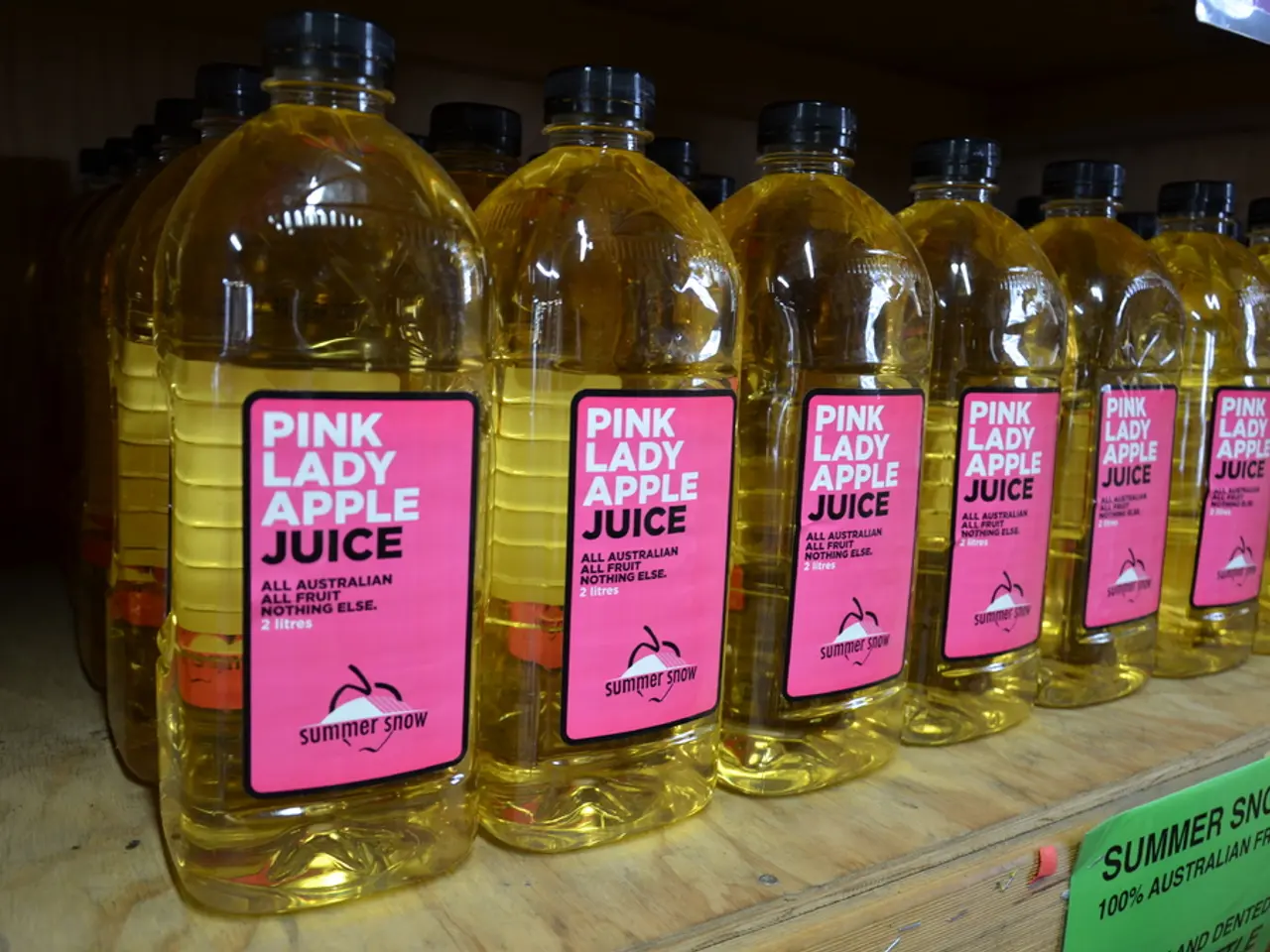Explore reasons behind potential R$ 1.5 billion losses in the orange juice industry, irrespective of tariff implications
The Brazilian orange juice export sector has been largely exempted from the 50% tariffs imposed by Trump on Brazil by the United States. While many Brazilian products face steep tariffs, orange juice is specifically excluded and continues to face a lower 10% tariff rate, meaning that Trump’s tariffs have not directly damaged this sector through the tariffs themselves.
However, despite the formal exemption, the Brazilian orange juice industry is still expected to suffer multimillion-dollar losses. The executive director of CitrusBR, Ibiapaba Netto, stated that the high tariffs on essential oils make the operation unfeasible and could negatively affect consumers, American companies, and the entire Brazilian chain.
The US consumes about 81.5% of its orange juice as imports, with Brazil as the main supplier, especially for fresh orange juice, which remains tariff-exempt due to reliance. The 50% tariff applies mainly to other Brazilian goods (beef, coffee, cocoa), but orange juice enjoys exemptions, partly because US consumers depend on Brazilian orange juice.
Despite being included in the exception list, the impacts on the orange juice sector are still significant, according to Netto. The tariffs increase the risk of oversupply within Brazil and challenges in finding alternative markets quickly since the US traditionally imports over 80% of its orange juice from Brazil.
The average price per ton exported to the United States in the past season was US$4,243. On August 7, the average price per ton fell to US$3,387, representing a decrease of 20.17%. Adding the effects of tariffs to the drop in quotations, the sector's total losses may exceed R$2.9 billion.
Moreover, many products in the beverage and cosmetics industries use by-products of the citrus chain, including citrus cells and essential oils. The high tariffs on essential oils could have a significant impact on the cosmetics sectors in both the United States and Brazil.
The economic unfeasibility of exporting by-products taxed at 50% generated US$177.8 million in the past season. Maintaining the exported volume, the estimated loss of revenue due to price devaluation is US$261.8 million, equivalent to R$1.43 billion.
In summary, while Trump’s tariffs include Brazil’s orange juice among some exempted products to maintain US supply, the broader trade tensions and tariff regime contribute to significant economic uncertainty and losses for Brazilian orange juice exporters. The indirect effects such as potential oversupply domestically, market instability, and logistical difficulties in redirecting exports if US trade is disrupted may further exacerbate the situation. The US beverage industry, including major brands reliant on Brazilian orange juice, may also be affected by supply risks and price changes resulting from the tariff environment.
- The high tariffs on essential oils, which are by-products of the citrus chain, could significantly impact the cosmetics sectors in both the United States and Brazil.
- Despite being included in the exception list, the impacts on the orange juice sector are still significant, according to Netto, including the risk of oversupply within Brazil and challenges in finding alternative markets quickly since the US traditionally imports over 80% of its orange juice from Brazil.







